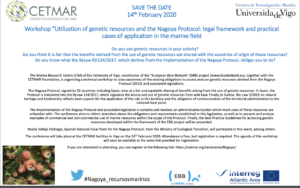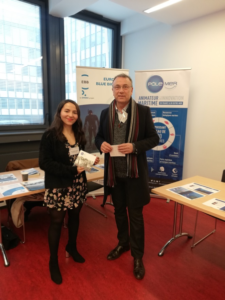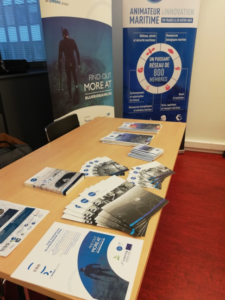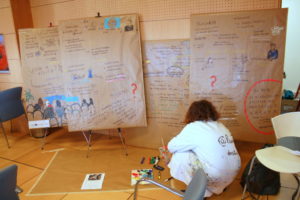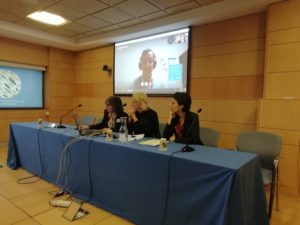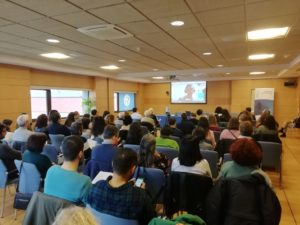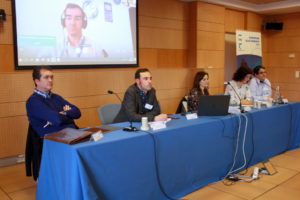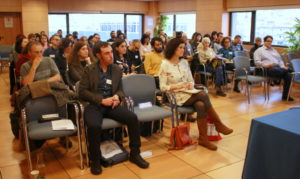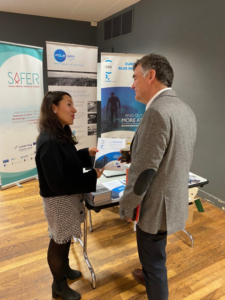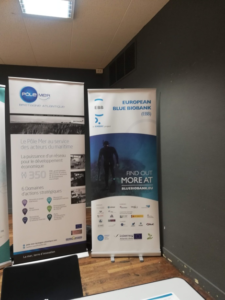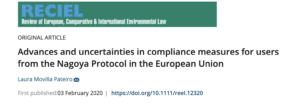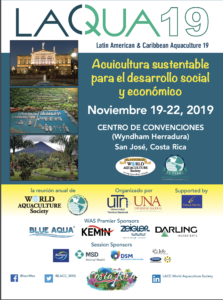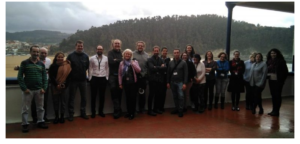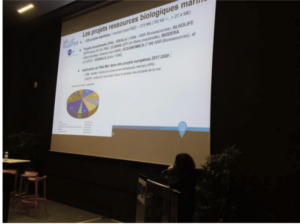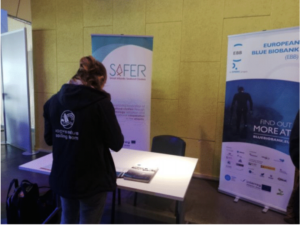The Centro de Investigación Mariña of the Universidade de Vigo (CIM-UVigo), coordinator of the “European Blue Biobank” (EBB) project is organizing, together with the CETMAR Foundation, a technical workshop to raise awareness of the existing obligations to access and use genetic resources derived from the Nagoya Protocol (2010) and associated regulations.
The Nagoya Protocol, signed by 92 countries including Spain, aims at a fair and equitable sharing of benefits arising from the use of genetic resources. In Spain, the Protocol is translated into the ByLaw 124/2017, which regulates the access and use of genetic resources from wild taxa. In Galicia, the Law 5/2019 on natural heritage and biodiversity, reflects basic aspects for the application of the rule in this territory and the obligation of communication of the territorial administration to the national focal point.
The implementation of the Nagoya Protocol and associated legislation is complex and involves an administrative burden which most users of these resources are unfamiliar with. The conference aims to inform attendees about the obligations and requirements established in this legislation, as well as to present and analyze examples of commercial and non-commercial use of marine resources within the scope of the Protocol. Finally, the Best Practice Guidelines for accessing genetic resources developed within the framework of the EBB project will be presented.
Noelia Vallejo Pedregal, Spanish National Focal Point for the Nagoya Protocol, from the Ministry of Ecological Transition, Alejandro Lago, responsible of the UNDP-GEF ABS Global project and Fiz da Costa, researcher from the CIM-UVigo and the responsible of the EBB project, will participate in this event.
The conference will take place at the CETMAR facilities in Vigo on the 14th February 2020 from 11:00 to 14:30 h. Attendance is free, but registration is required. The agenda of this workshop will soon be available at the same link provided for registration.
If you are interested in attending, you can register at the following link: https://cetmar.org/seminarios/Nagoya/
Follow us in twitter #Nagoya_recursosmarinos
